 Hello, my name is Richard.
Hello, my name is Richard.
April can bring with it a range of emotions for many of those working in general practice. In any normal year it can be a time for a deep breath of relaxation after spending many busy hours at the end of March trying to ensure as many of the annual targets we are expected to work on during the year, the Quality and Outcomes Framework in particular, are achieved.
It can involve reviewing the records of many of our patients with long term health conditions, checking blood pressures, blood tests, medication reviews, health checks and much more besides, making sure everything possible had been done and was appropriately recorded and coded.
It is, of course, primarily about ensuring people get the best possible care and that those who live with often complex health conditions receive the regular reviews and treatment they need. But it’s also important for the practice as achieving these many targets is not only vital for securing essential funding to support the day to day running of the practice - the outcome of which is how many will judge practice performance.
And so, in any normal year, April provides an opportunity to reflect on a year of work completed, another mountain climbed, and above all the people we continue to support. It’s a time to thank practice teams for the hard work they have put in during another busy year. It’s a time to consider how general practice has played our important part in caring for our patients and communities and making a difference to so many.
However, the start of the new NHS contractual year also brings a feeling that we are once again back at the beginning, back in the valley bottom with the mountain slopes once again facing us. All the previously completed indicators are now wiped clean and all the computer prompts suddenly appear again. None of the work done just a few days before counts as far as achieving targets are concerned. It all must be done again, and so the new NHS year begins.
We are though all too aware that the last two years have been anything but normal. The COVID-19 pandemic has taken its toll on our patients, communities, and services. It’s left a workforce exhausted and many patients with long delays for treatments they would normally have already received. There is so much that we need to do to rectify this, both for patients and our workforce, and a lot of work is already underway to try to tackle this as quickly as possible. It has also meant, sadly, that some have taken out their frustration on front line staff, people who are trying to do their best in difficult circumstances, and it’s why the Partnership has been trying to reduce this by highlighting to people what the impact of abuse directed, at general practice and pharmacy staff can be. If people leave their jobs, it leaves a gap, which doesn’t help anyone. Albeit we recognise public frustration, the essence of the campaign is a reminder to be kind.
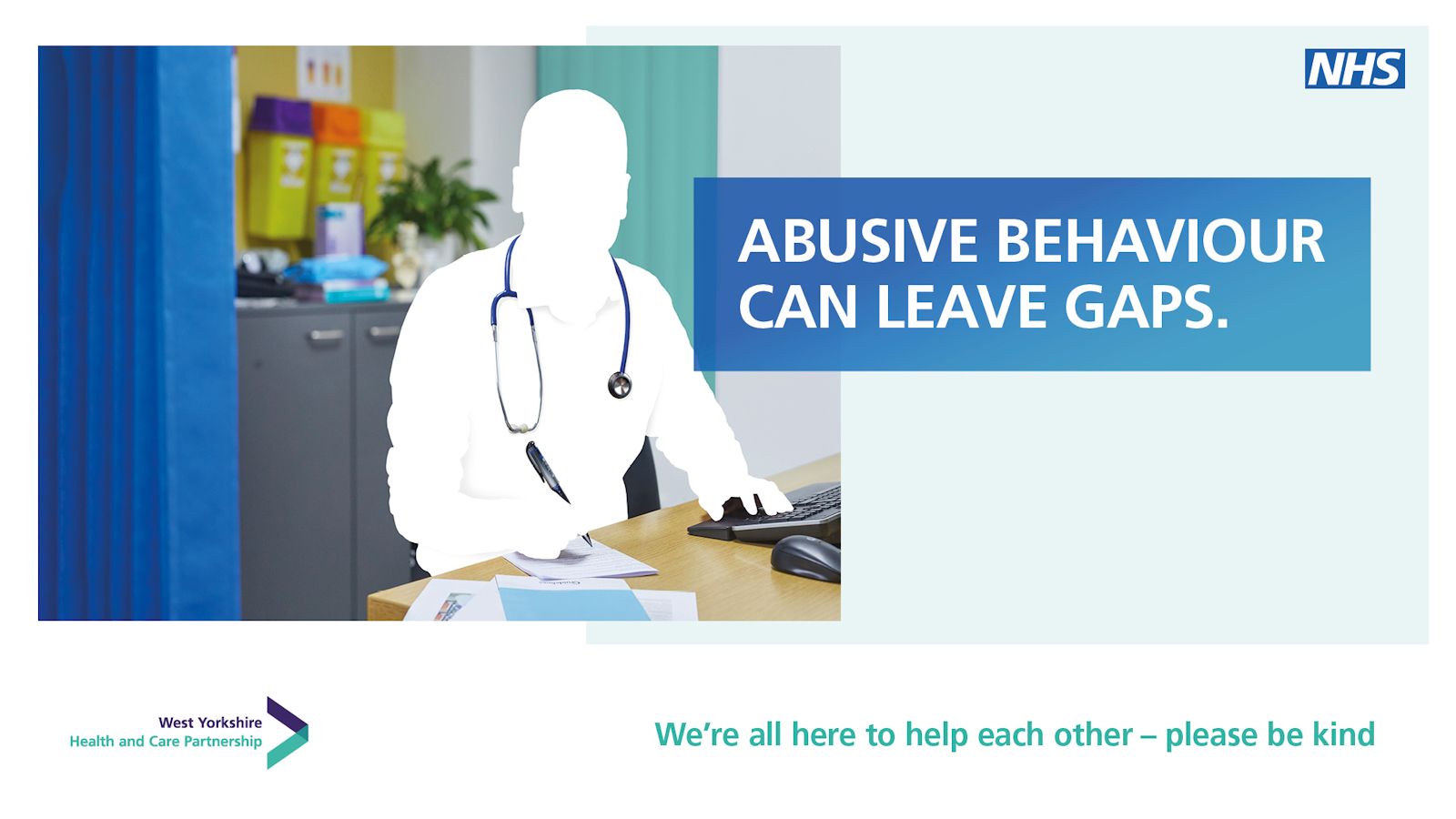
To help practices to focus on the impact of the pandemic and deliver the tremendously successful COVID and flu vaccination programmes which have saved thousands of lives, most, although not all, of the annual general practice targets were suspended. This allowed practices to focus on the needs of their patients, including completing much of the Quality and Outcomes Framework-related health checks for those who would benefit from them most, without the added burden of hitting targets. Even though many practices are continuing to give COVID vaccinations to people who need an additional booster, we are also expected to focus not only on all the previous Quality and Outcomes Framework targets again, but in addition a large number of new ones to work on, known as the Investment and Impact Fund.
The workload involved and expectation to achieve this can feel overwhelming, but, with the right support, and as so often before, general practice will rise to the challenge. It’s why the whole Partnership needs to, and is, working together to support practices across West Yorkshire, why we need to do all we can to recruit the additional healthcare professionals to work in and alongside practices and primary care networks and why we need to nurture the training of more GPs, practice nurses and other clinicians and do more to retain those we have. It is also why we need to help our incredible practice managers, reception, and back-office teams, who without such nothing would get done. This is just a few of the reasons why we need to use the opportunities of closer working between primary and secondary care that the move to an integrated care system brings to do more to improve care pathways and so both reduce unnecessary workload whilst also delivering better patient care.
April not only brings with it these new challenges, but alongside it an opportunity for rest, reflection, and celebration, with Easter, Passover, Ramadan, and other festivals, as well as school holidays, and for so many colleagues a well-earned break. Whilst the work of the NHS and social care never stops, and a lot of you will be working over the bank holiday weekend, I hope you will all find some time to rest and recharge.
Thank you for all that you do.
Richard
 The West Yorkshire and Harrogate Local Maternity System are continuing to support the Trusts with the implementation of the initial recommendations made in the Ockenden Report. Funding of £4.2m has been allocated to support this work. Ockenden assurance visits will commence late April 2002 and finish in July 2022. These supporting visits will be at individual Trusts and include the Local Maternity System, the North Region Maternity Team and service users.
The West Yorkshire and Harrogate Local Maternity System are continuing to support the Trusts with the implementation of the initial recommendations made in the Ockenden Report. Funding of £4.2m has been allocated to support this work. Ockenden assurance visits will commence late April 2002 and finish in July 2022. These supporting visits will be at individual Trusts and include the Local Maternity System, the North Region Maternity Team and service users. 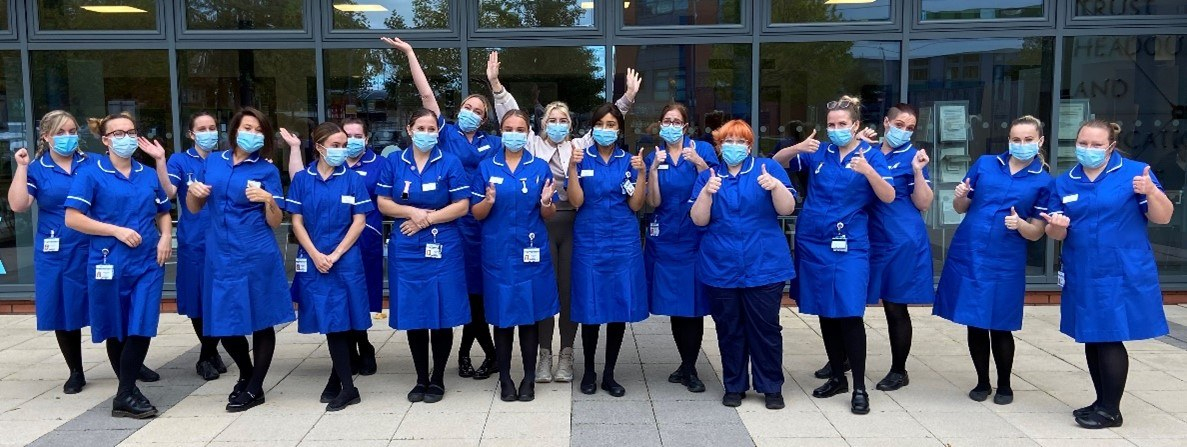


 Hello, my name is Richard.
Hello, my name is Richard.
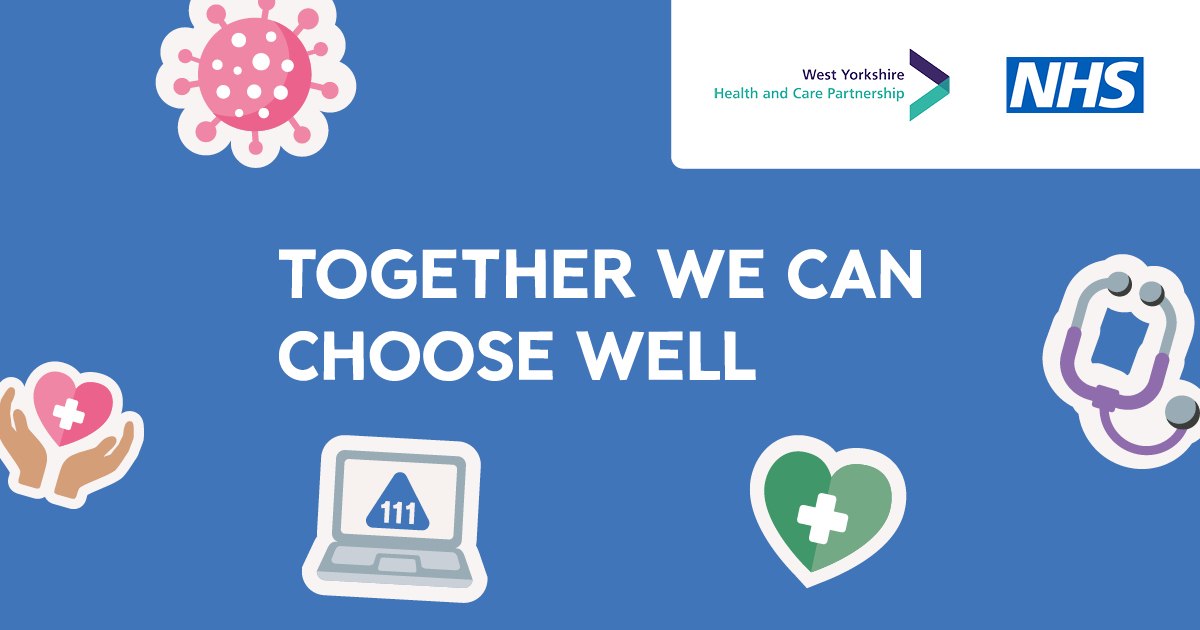 All health and care services are extremely busy so if you or your family do become unwell it is important that you get the right care in the right place. We can all play our part to protect ourselves and those around us. For self-care tips and local services information visit
All health and care services are extremely busy so if you or your family do become unwell it is important that you get the right care in the right place. We can all play our part to protect ourselves and those around us. For self-care tips and local services information visit  Our Neurodiversity (Autism and ADHD) deep dive has launched with the aim of understanding the current experience of users and families of services, analyze existing provision and pathways and identify the options to respond to current and projected future service user needs.
Our Neurodiversity (Autism and ADHD) deep dive has launched with the aim of understanding the current experience of users and families of services, analyze existing provision and pathways and identify the options to respond to current and projected future service user needs.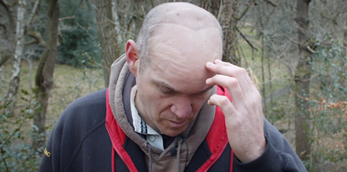 Over the past six months,
Over the past six months, 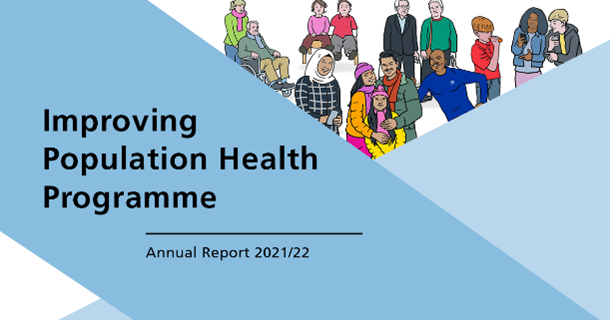 This week we published the second
This week we published the second 
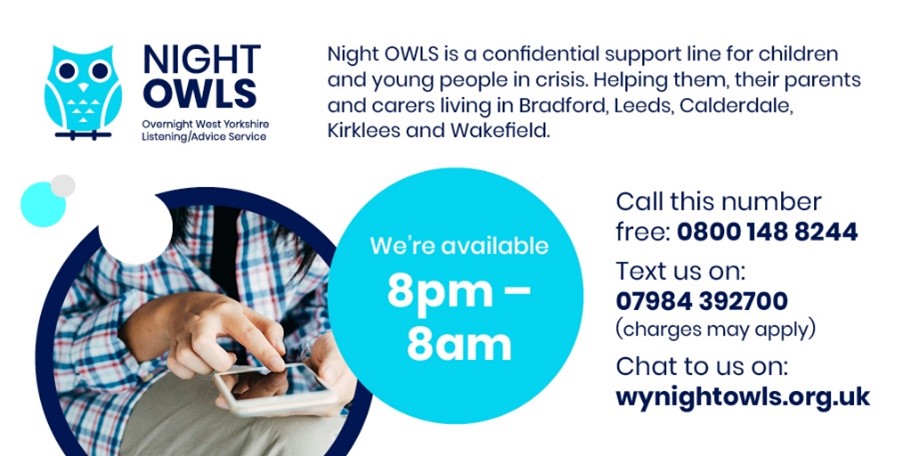
 Following the success and positive feedback received from this programme throughout 2021 we are looking to deliver a further two training blocks and expand the offer to include coaching skills for whole teams. We know that currently the voluntary sector and staff from minority ethnic communities are underrepresented within coaching.
Following the success and positive feedback received from this programme throughout 2021 we are looking to deliver a further two training blocks and expand the offer to include coaching skills for whole teams. We know that currently the voluntary sector and staff from minority ethnic communities are underrepresented within coaching. Upcoming Leeds MIND sessions
Upcoming Leeds MIND sessions The purpose of the innovation audit is to create a better understanding of the current innovations across the West Yorkshire landscape. This will in turn help us to prioritise future innovations, provide an understanding of the spread of innovation as well as helping to match future innovation to systems need.
The purpose of the innovation audit is to create a better understanding of the current innovations across the West Yorkshire landscape. This will in turn help us to prioritise future innovations, provide an understanding of the spread of innovation as well as helping to match future innovation to systems need.